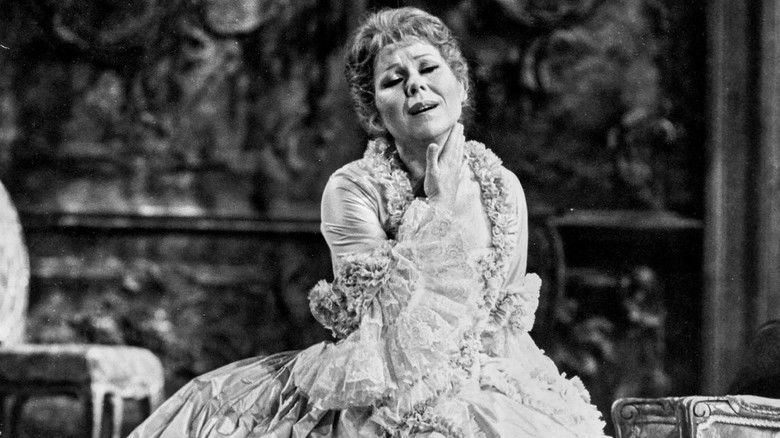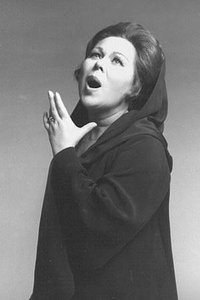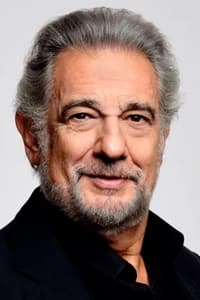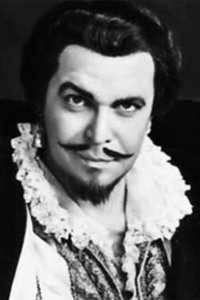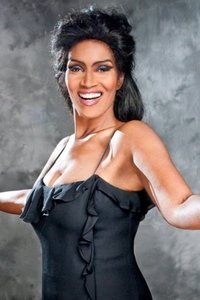Puccini: Manon Lescaut
Genres
MusicDrama
OverView
All the throbbing eroticism—and ultimate heartbreak—of Puccini’s youthful score is unleashed by James Levine and his top-flight cast. Plácido Domingo is Des Grieux, the handsome, headstrong young aristocrat who falls head over heels for the enticing, impetuous Manon Lescaut (Renata Scotto). Manon returns his love, but her obsession with luxury ruins them both. Gian Carlo Menotti’s opulent production, with sets and costumes by Desmond Heeley, superbly captures the colorful world of 18th century France.
Others
Budget
$--
Revenue
$--
Status
Released
Original Language
Italian
Runtime
130 mins
Rating
0/10
Release Date
29 March 1980
Country
